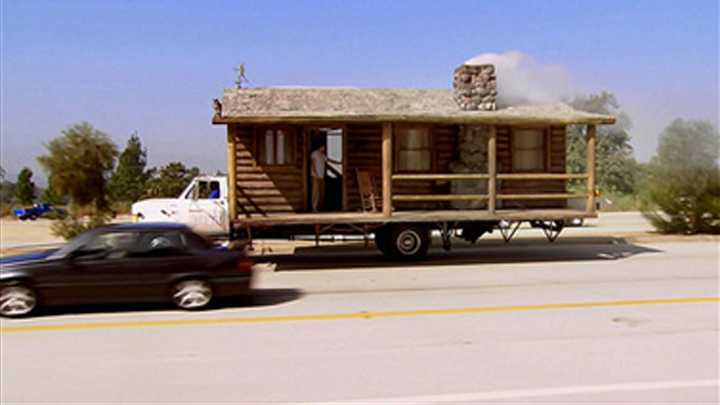Implications For Hotels

Mobile Apartments
-
Self-driving cars could disrupt the airline and hotel industries within 20 years as people sleep in their vehicles on the road, according to a senior strategist at Audi. Short-haul travel will be transformed and the hassle of getting to and from airports eliminated, said Sven Schuwirth, vice president of brand strategy and digital business at the German car brand.
Business travellers will be able to avoid taking domestic flights to meetings and will sleep and work in their cars en route instead of checking into city-centre hotels, he said. "In the future you will not need a business hotel or a domestic flight," Schuwirth said. "We can disrupt the entire business of domestic flights."
He added: "I think that vision is probably 20 years from now."
Cars will increasingly resemble mobile apartments, he said, and service stations along highways will evolve to support them, offering drivers facilities for washing, dining and shopping.
Hotels would change in response, Schuwirth added, with drivers using their facilities but returning to their cars to sleep. "Why should a hotel look like a hotel today?" he said.
Car interiors will be able to morph between driving mode and sleeping mode, Schuwirth predicted. "Today's cars are shaped to be only an emotional piece and to be very comfortable and safe," he said. "So in an autonomous world, if cars do not have accidents any more, the cars do not have have a small amount of glass, a lot of metal, a lot of bumpers and all that stuff. It could be a bit more transparent." "Once you decide you want to go for an autonomous drive or a piloted drive, then something happens in your car, so your car transforms inside and the interior changes."
Schuwirth added: "There will be a steering wheel in case you decide you want to drive but you can get rid of the steering wheel and maybe the chairs somehow change so it's not the standard sporty chair, but it's more like a sofa or a bed. The entire space inside of the car will definitely look completely different."
"We do not believe that the potential of autonomous driving is just about security and comfort," Schuwirth said. "Cars are the last place on the planet, besides maybe your room in your flat, where you can be on your own. Maybe you simply you want to do something different in your car, such as relax, communicate, talk, dream or think."
Earlier this year Germany announced that car brands would soon be able to use sections of the A9 highway between Munich and Berlin for testing autonomous vehicles. Schuwirth said this would allow the country to catch up with the USA, where some states already allow self-driving vehicles on the roads, giving an advantage to American manufacturers.
Describing a scenario in the not-too-distant future, Schuwirth said: "Your car wakes you up at four o'clock in the morning, picks you up and drives you autonomously the entire way from Munich to Berlin. You can sleep, you can prepare for your meeting, you can call your friends and family, do whatever you want and you enter Berlin in a very relaxed mood." He added: "The car becomes something different. Not just something to get you from A to B, but something more."